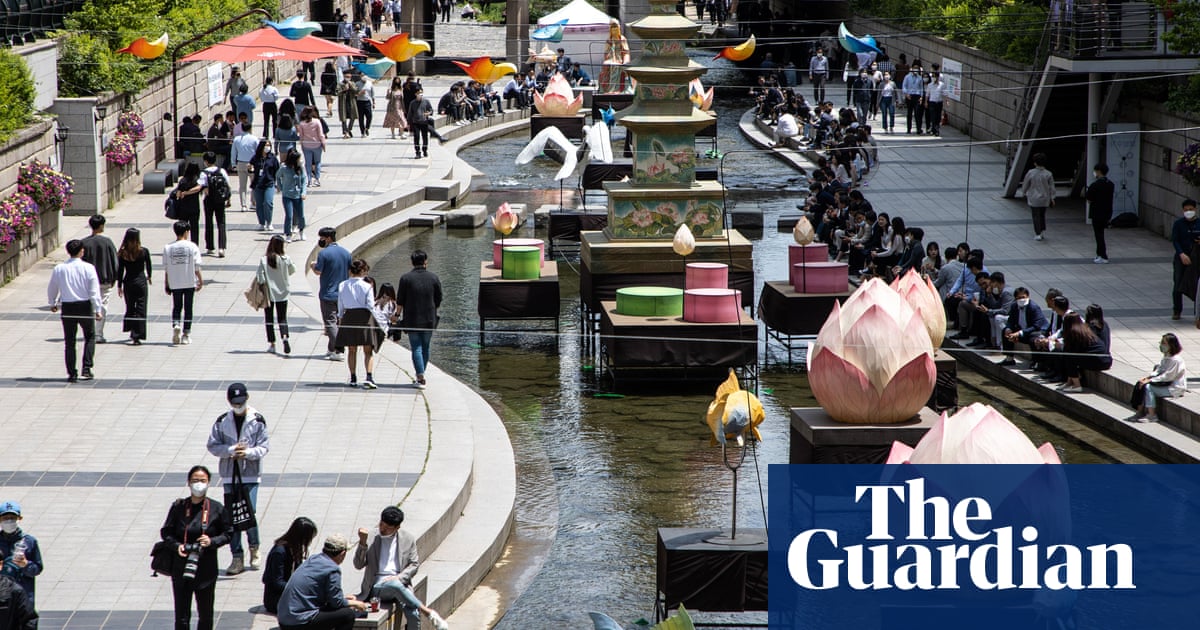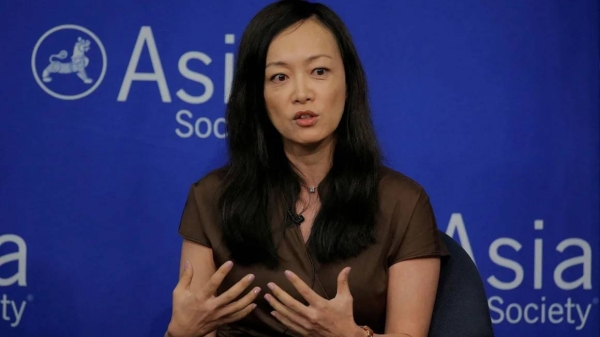
South Korea’s government has been forced to rethink a planned rise in working hours after a backlash from younger people who said the move would destroy their work-life balance and put their health at risk.
The government had intended to raise the maximum weekly working time to 69 hours after business groups complained that the current cap of 52 hours was making it difficult to meet deadlines.
But protests from the country’s millennials and generation z prompted the president, Yoon Suk-yeol, to order government agencies to reconsider the measure and “communicate better with the public, especially with generation z and millennials”, his press secretary, Kim Eun-hye, said.
“The core of [Yoon’s] labour market policy is to protect the rights and interests of underprivileged workers, such as the MZ generation, workers not in a union and those working in small and medium-sized businesses,” Kim said, according to the Korea Herald.
Yoon, a conservative who is seen as pro-business, had supported the raise to give employers greater flexibility. Union leaders, however, had said it would force people to work longer hours, in a country already known for its punishing workplace culture.
The plan has also been criticised as out of step with other major economies, including Britain, where dozens of companies last year trialled a four-day week that campaigners said resulted in similar or better productivity and increased staff wellbeing.
South Koreans worked an average of 1,915 hours in 2021 – that’s 199 hours more than the Organization for Economic Co-operation and Development average, according to the most recent OECD employment outlook, and 566 hours more than workers in Germany.
Yoon, who was elected president in 2022 with support from disaffected young men, is hoping his People Power party will attract the youth vote in elections for the national assembly next year.
The original plan announced earlier this month would have overturned legislation introduced in 2018 by the liberal Democratic party that limits the working week to 52 hours: 40 of regular work plus 12 of overtime. The party has said it will use its majority in the national assembly to block the bill.
Unions and opposition politicians have argued that forcing employees in Asia’s fourth-biggest economy to work longer hours will do nothing to address the country’s record low birthrate.
“It will make it legal to work from 9am to midnight for five days in a row. There is no regard for workers’ health or rest,” the Korean Confederation of Trade Unions said in a statement.
The labour minister, Lee Jung-sik, had argued that raising the weekly cap to 69 hours would enable working women to accrue more overtime hours in exchange for time off later that could be used for family and caregiving commitments.
“We’ll introduce bold measures to help cut working hours during pregnancy or while raising children,” Lee said last week, when asked if the raise would help alleviate the fertility crisis.
Women’s groups, however, said that the measure would hurt working mothers and other women. “While men will work long hours and be exempt from care responsibilities and rights, women will have to do all the care work,” the Korean Women’s Associations United said in a statement.










